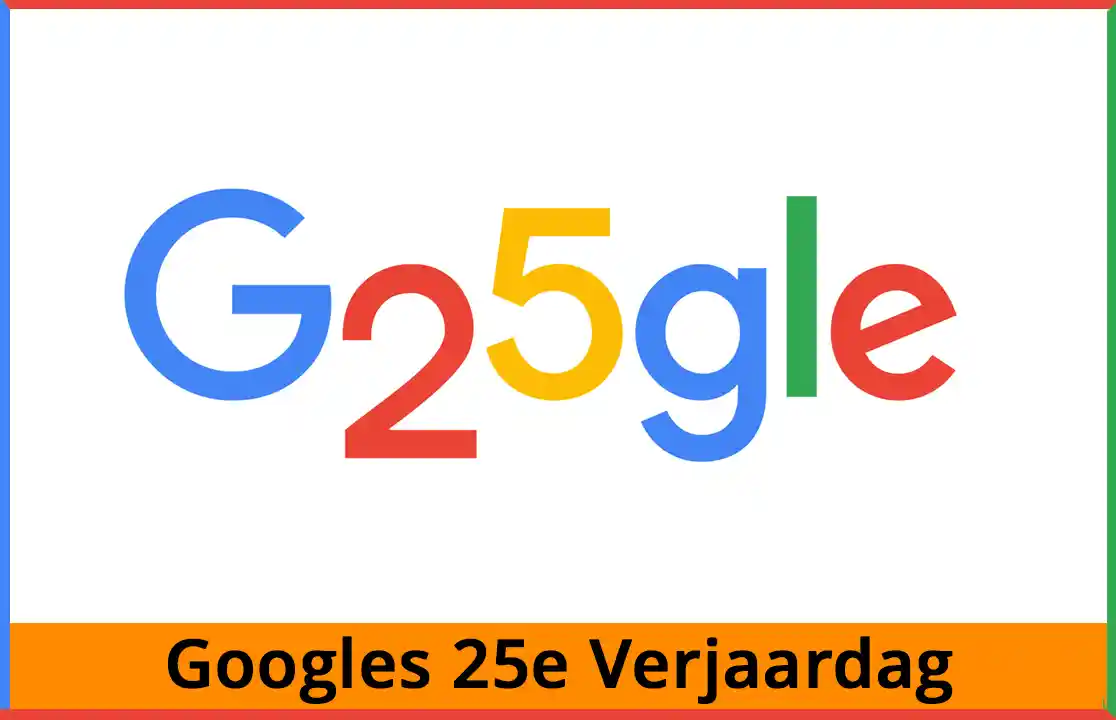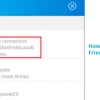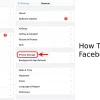Googles 25e verjaardag marks a quarter-century of groundbreaking innovation. Since its inception in 1998, Google has spearheaded a revolution in technology that has significantly shaped our world.
Initially renowned for its search engine, Google swiftly expanded its horizons, introducing a plethora of products and services that have become ingrained in our daily lives. Google Search itself evolved into a comprehensive tool, constantly refining how we access, organize, and understand information.
Understanding Google’s Verjaardag:
The introduction of Gmail, Google Maps, YouTube, and numerous other offerings has fundamentally modified how we talk, navigate, and media. These improvements have grown to be essential components of our daily routine, simplifying obligations and broadening our right of entry to records and amusement.
The company’s dedication to sustainability and philanthropy, demonstrated through investments in renewable energy and charitable initiatives via Google.org, underscores its commitment to making a positive impact beyond technological realms.
As Google 25e verjaardag, its journey of innovation stands as a testament to the transformative power of technology. Here’s to 25 years of pushing boundaries, enriching lives, and shaping the future.
The Early Years Of Google’s Start-Up:
Google’s inception dates back to 1996 when Larry Page and Sergey Brin, PhD college students at Stanford University, began taking part in a search engine venture known as “BackRub.” The main intention turned into an extra efficient and powerful search algorithm that ranked internet pages primarily based on their relevance and importance.
The breakthrough came here in 1998 whilst Page and Brin officially launched Google, a play on the word “googol,” representing the full-size quantity of records they aimed to prepare.
Google’s seek engine speedy won recognition due to its simplicity, accuracy, and velocity in comparison to different search engines of the time. Its progressive PageRank set of rules, which analyzed the links between websites to decide their importance, set it apart.
The employer obtained a huge boost whilst, in 1999, it secured $25 million in funding from undertaking capitalists
.
By 2000, Google had become the world’s largest search engine, handling more than 60 million searches per day. Its rapid growth continued, leading to the introduction of various new services and features, such as Google Images (2001) and Google News (2002), solidifying its position as an internet powerhouse.
In 2004, Google went public through an initial public offering (IPO), raising $1.67 billion and establishing itself as one of the most influential and valuable technology companies globally.
Google Search Explanation:
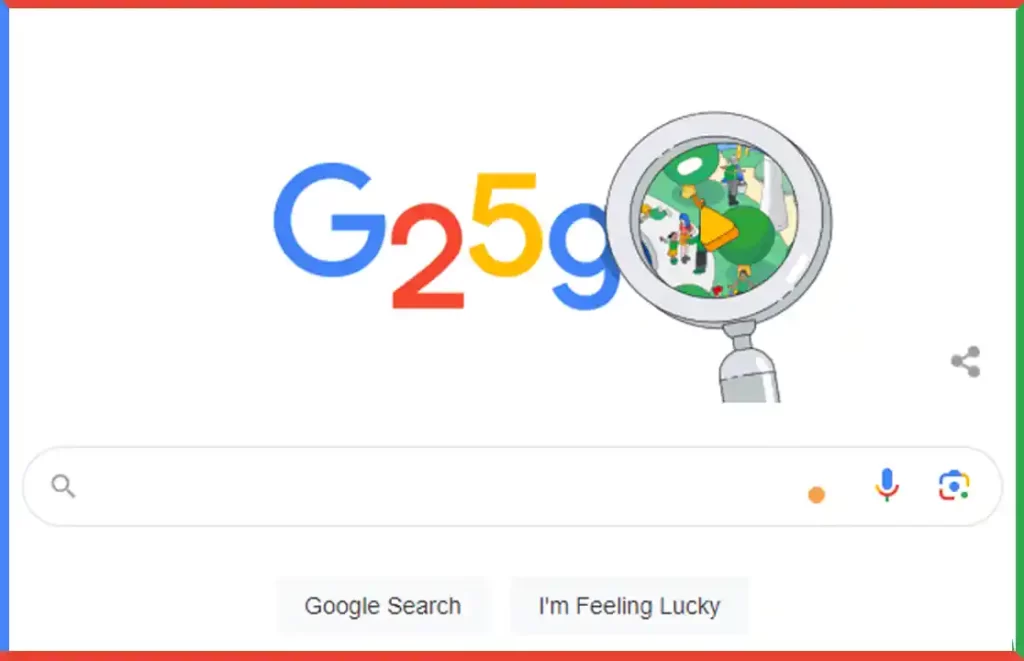
Google Search is an effective device that facilitates you to find data on the net. When you type a query into the search bar and hit enter, Google shows the net for relevant content and presents a listing of outcomes.
Behind the scenes, Google uses complex algorithms to investigate billions of web pages and don’t forget various factors to decide which pages are the maximum possible to answer your query as it should be.
Google intends to offer you the most useful and truthful records feasible. The sought outcomes are ranked based on these considerations, with the maximum applicable and definitive pages commonly acting on the pinnacle.
Google’s Impact on the Fast-Paced Society:
Google has had an immense impact on today’s fast-paced society, revolutionizing how we access information, communicate, and navigate the digital world. Here are some key ways Google has influenced our rapidly evolving society:
Information Access:
Google’s search engine has made information universally accessible. It has become the go-to tool for seeking answers, learning new things, and conducting research across various fields.
Communication:
Through services like Gmail, Google Hangouts, and Google Meet, communication has become more seamless and efficient. People can connect instantly, irrespective of geographical barriers.
Innovation:
Google’s innovative products and services, such as Google Maps, Google Drive, and Google Docs, have transformed the way we work, collaborate, and navigate the world.
Economy and Business:
Google’s advertising platforms, particularly Google Ads, have changed the landscape of digital marketing, enabling businesses to reach their target audiences more effectively.
Data Accessibility:
With its vast array of services, Google collects and stores substantial amounts of user data. While this raises privacy concerns, this data also enables personalized services and targeted advertising.
Technological Advancements:
Google’s investment in cutting-edge technologies such as artificial intelligence, machine learning, and quantum computing has pushed the boundaries of innovation, from healthcare to transportation.
Evolution Of Google Search And Advertising:
Google Search:
PageRank Algorithm: Google’s initial breakthrough was the PageRank algorithm, which revolutionized search by ranking web pages based on their relevance and authority. This algorithm helped users find more accurate and valuable information.
Expansion of Indexing: Over time, Google expanded its search capabilities, indexing a larger portion of the web and improving its search algorithms to provide more relevant and diverse results.
Introduction of Features: Google introduced various features to enhance search, such as autocomplete suggestions, featured snippets, knowledge panels, and voice search (with products like Google Assistant), catering to changing user behaviours and preferences.
Mobile Optimization: With the rise of mobile devices, Google adapted its search algorithms to prioritize mobile-friendly websites, recognizing the shift in user behaviour towards mobile browsing.
Focus on User Intent: Google has increasingly focused on understanding and fulfilling user intent, employing machine learning and AI to provide personalized and contextually relevant search results.
Google Advertising:
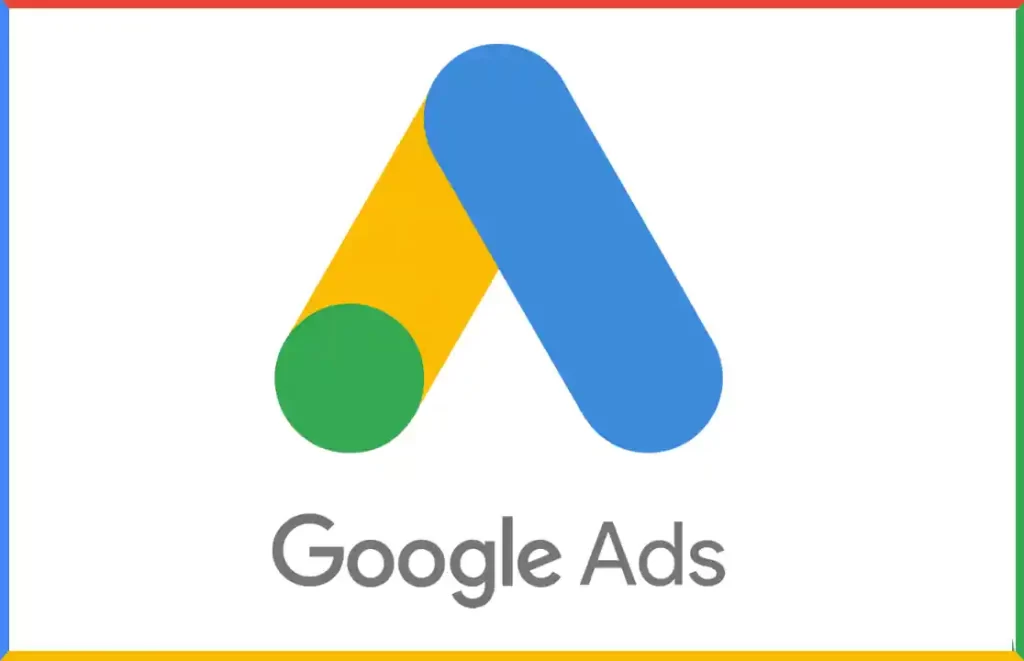
Google AdWords: The launch of AdWords in 2000 marked the beginning of Google’s advertising platform. Advertisers could bid on keywords and display ads on Google’s search results pages.
Targeting and Analytics: Google Ads evolved to offer advanced targeting options, including demographics, interests, and behaviour-based targeting. Additionally, it provided advertisers with robust analytics tools to measure ad performance and ROI.
Ad Formats and Extensions: Google introduced various ad formats and extensions, such as shopping ads, video ads on YouTube, responsive ads, and ad extensions, providing advertisers with more engaging and effective ways to reach their audiences.
Machine Learning in Advertising: Google has integrated machine learning into its advertising platforms, allowing for automated bidding, ad optimization, and better targeting based on user behaviour and data.
Privacy and Policy Changes: Over time, Google has made policy changes, particularly regarding user data privacy and cookie tracking, to align with evolving regulations and user expectations for privacy protection.
Some Major Milestones In Google’s History:
- Launch of Google Search in 1998
- Introduction of AdWords in 2000
- Launch of Gmail in 2004
- Acquisition of YouTube in 2006
- Introduction of Android OS in 2007
- Launch of Chrome browser in 2008
- Introduction of Google Maps and Google Drive
- Launch of Google Assistant in 2016
- Various advancements in AI and machine learning
The Role Of AI and Machine Learning in Google Algorithm:
Google’s incorporation of AI and ML demonstrates the company’s commitment to staying on the cutting edge of technology. Services like Google Assistant and predictive search are just two instances of how artificial intelligence is transforming user interfaces. Since this connection raises privacy concerns, a delicate line needs to be drawn between personalisation and data protection.
Googles 25e Verjaardag: A Global Celebration
The significance of commemorating anniversaries on social media has increased, and googles 25e verjaardag is no exception. The hashtag #Google25 is trending as people reflect on their time at Google from all over the world. This section will examine how the community has shaped Google’s history and the significance of this global celebration.
Google Privacy Concerns And Environmental Impact:
Google still has challenges, particularly with how it handles privacy-related matters. As the article discusses, Google is making efforts to reduce its impact on the environment in several ways, including through the use of renewable energy and the construction of ecologically friendly data centres.
Conclusion:
As the company celebrates Googles 25e verjaardag, it’s critical to take a look back at the company’s journey, accomplishments, and significant influence on the digital world. The organisation is well-positioned to affect the future of digital technology because of its commitment to sustainability, ethical technology development, and the greater good. Google will continue to aim for excellence in the rapidly evolving fields of information and technology in the future.
FAQs:
Q. When was Google founded?
Google was founded on September 4, 1998, by Larry Page and Sergey Brin.
Q. How has Google impacted the world?
Google has expanded into various products and services, influencing communication, technology, advertising, and even shaping the way we interact with the internet.
Q. What special events did Google undertake for its 25th anniversary?
Google organized various events, including retrospectives on its journey, highlighting its achievements, and showcasing future innovations. Additionally, they might have released limited edition products or offered special features on their platforms.
Q. How does Google celebrate its milestones like anniversaries?
Google typically celebrates its milestones by acknowledging its journey through various online platforms, sometimes releasing commemorative content, and showcasing its achievements through blog posts, videos, and social media.
Q. What is Google’s vision for the future?
Google aims to continue being at the forefront of technological innovation, making information universally accessible and useful, while also focusing on sustainability, AI ethics, and improving people’s lives through technology.
